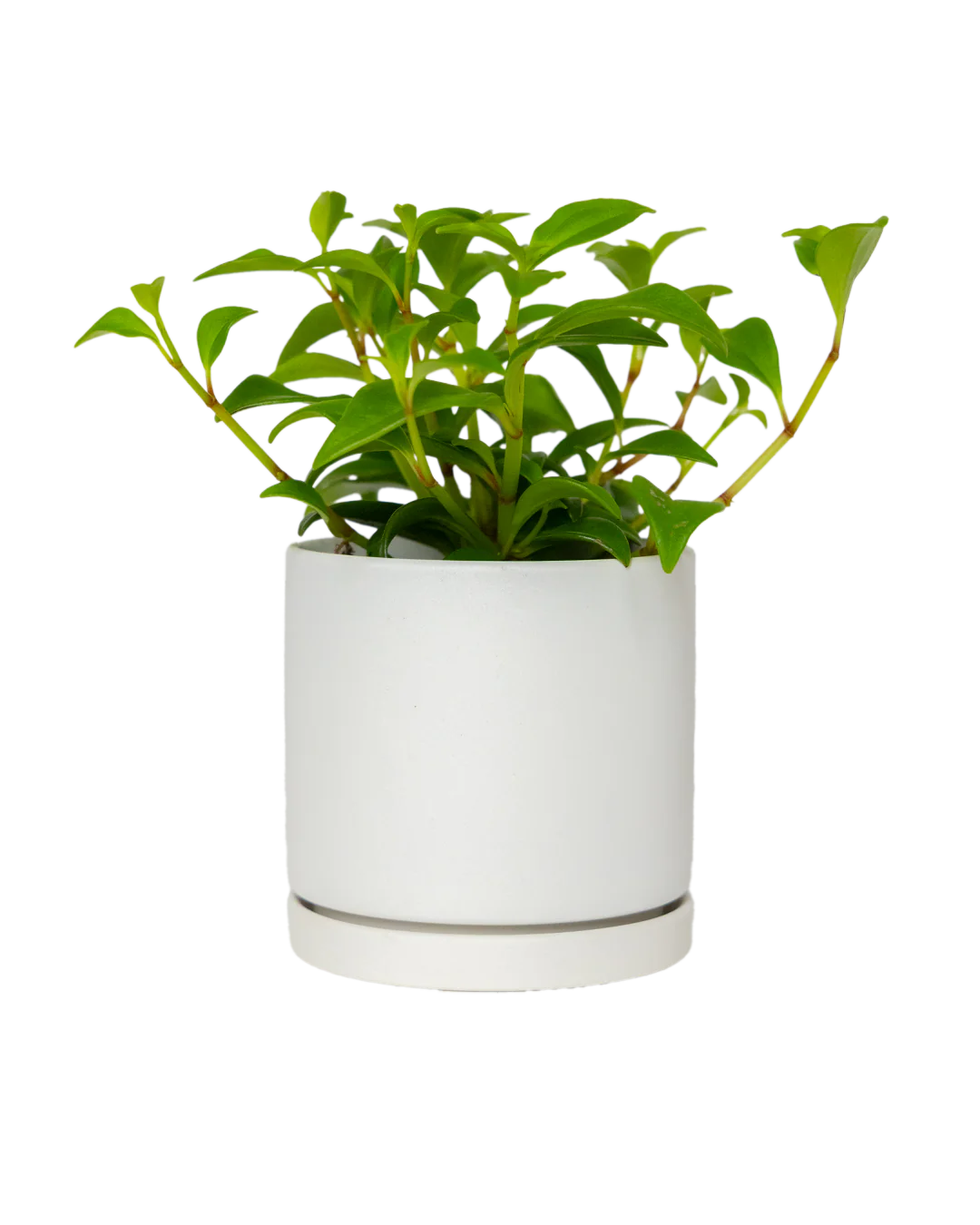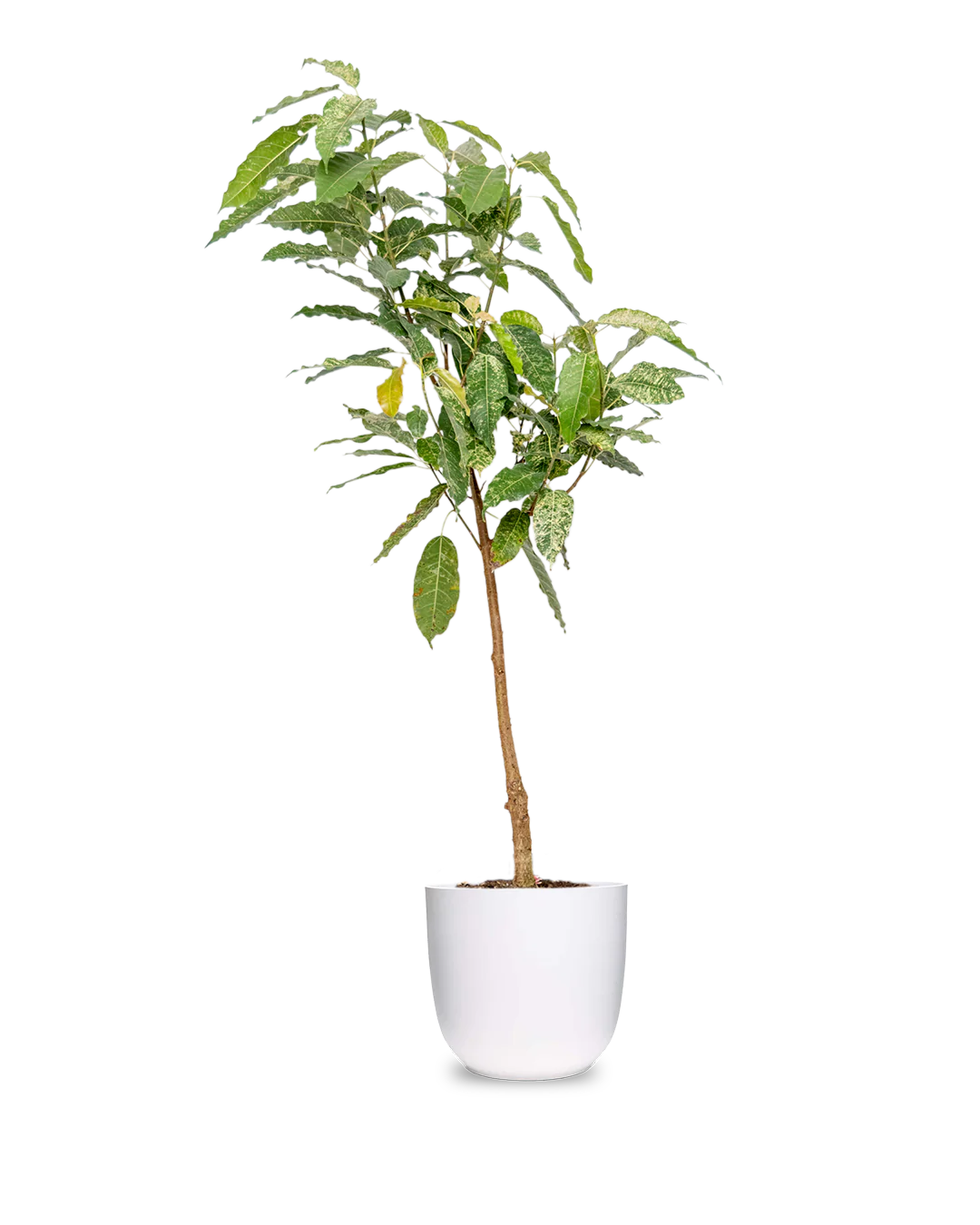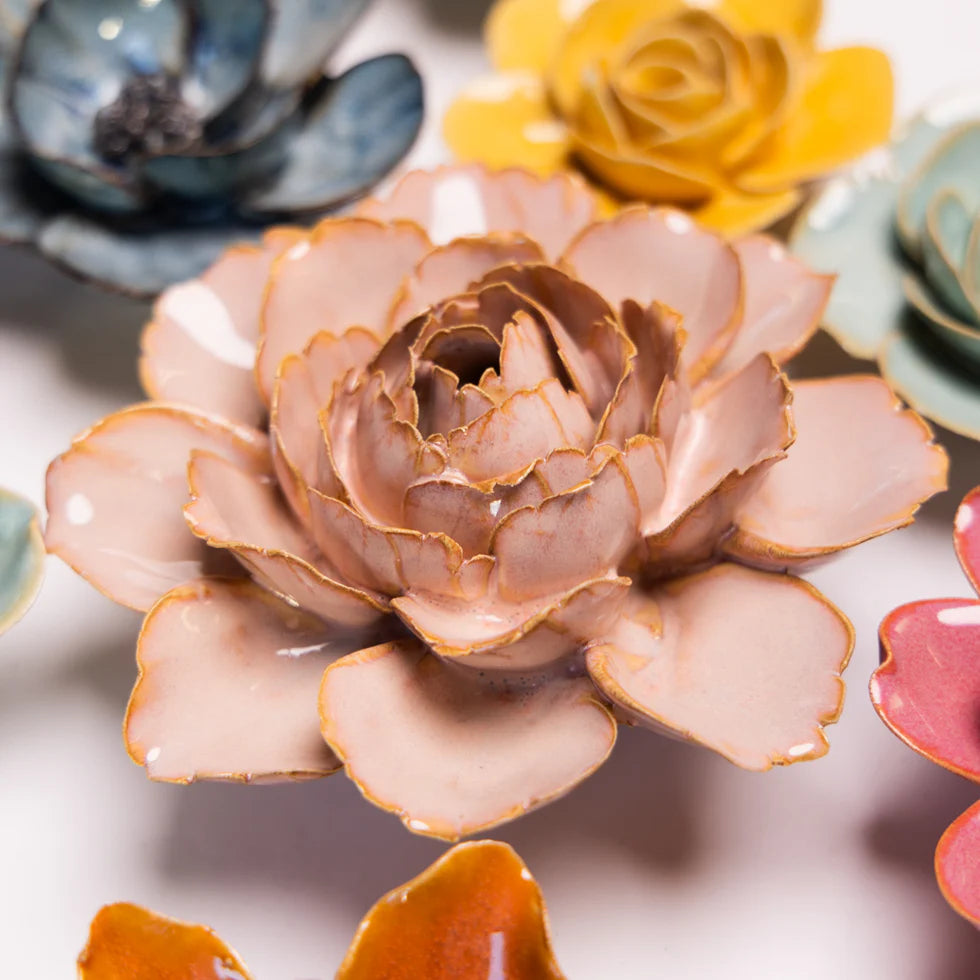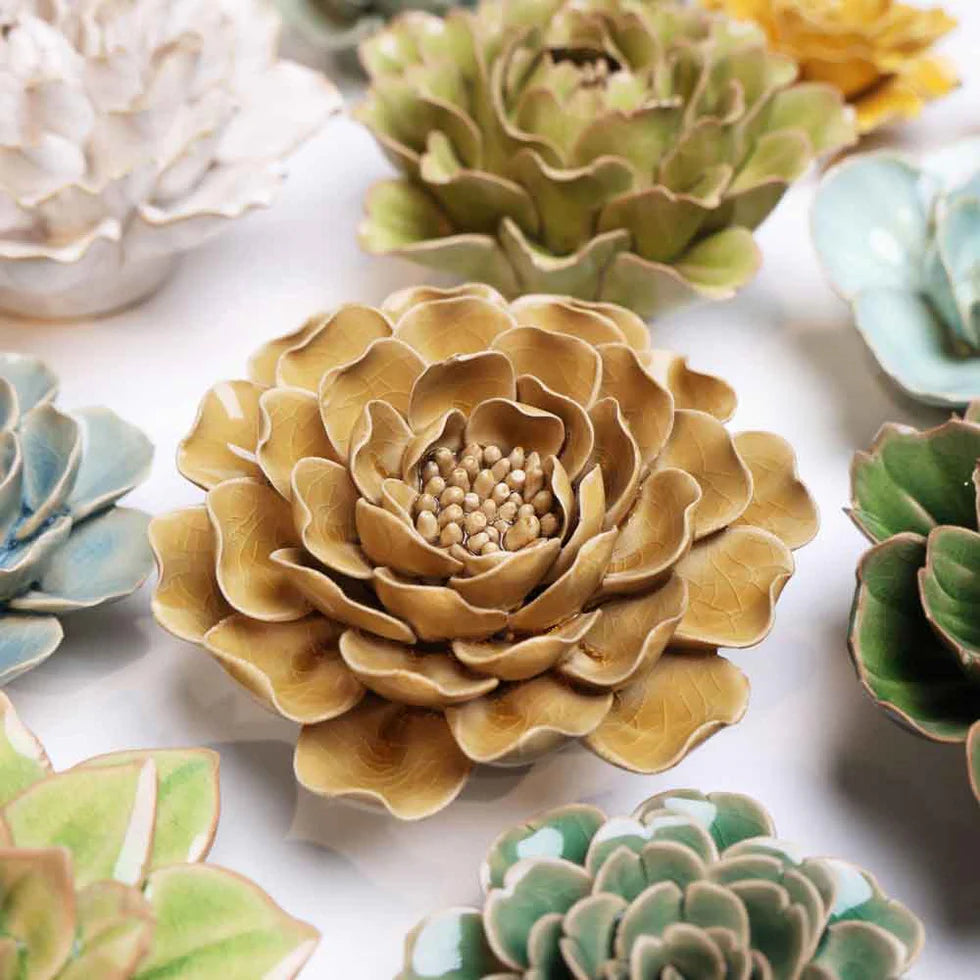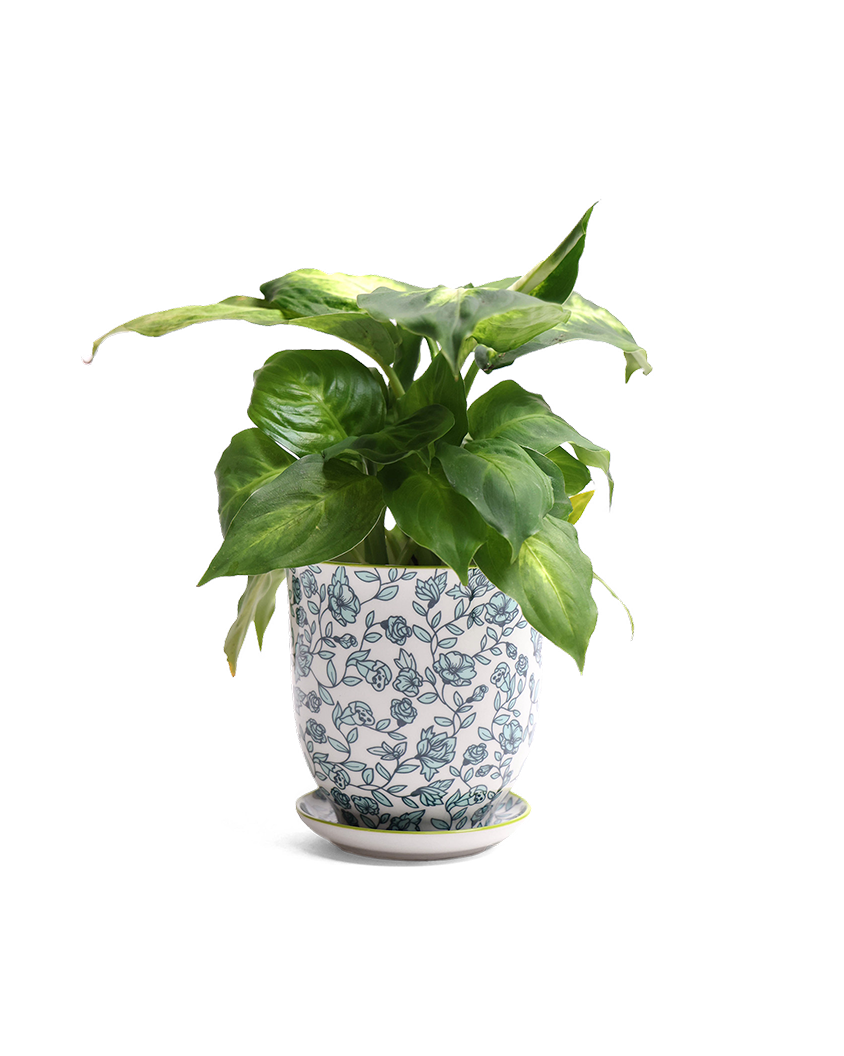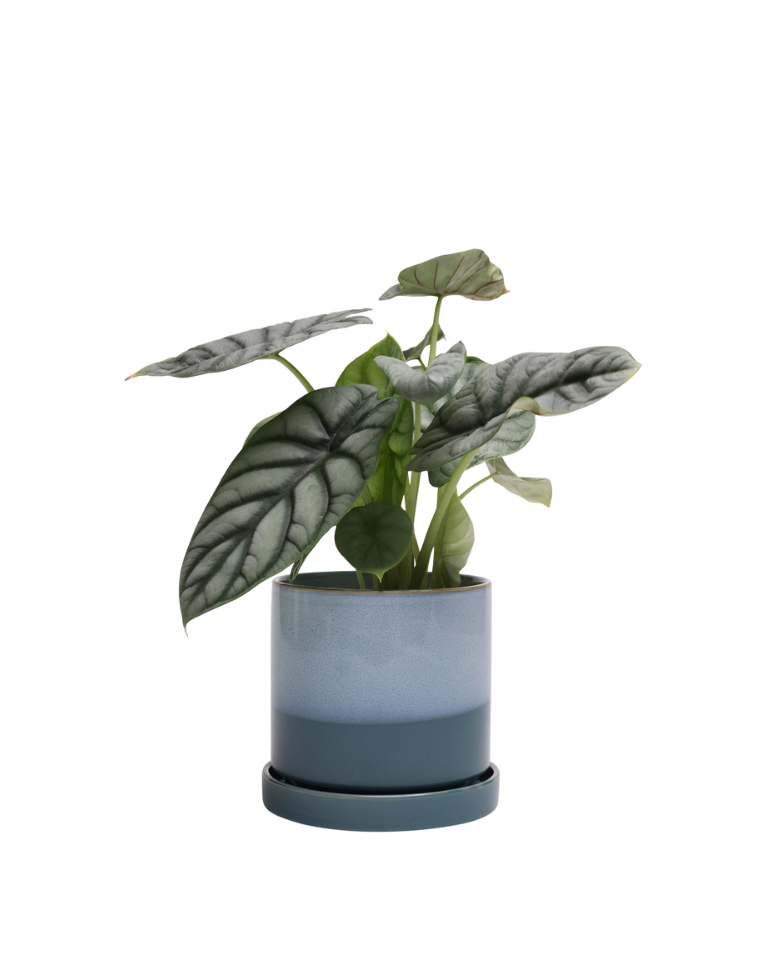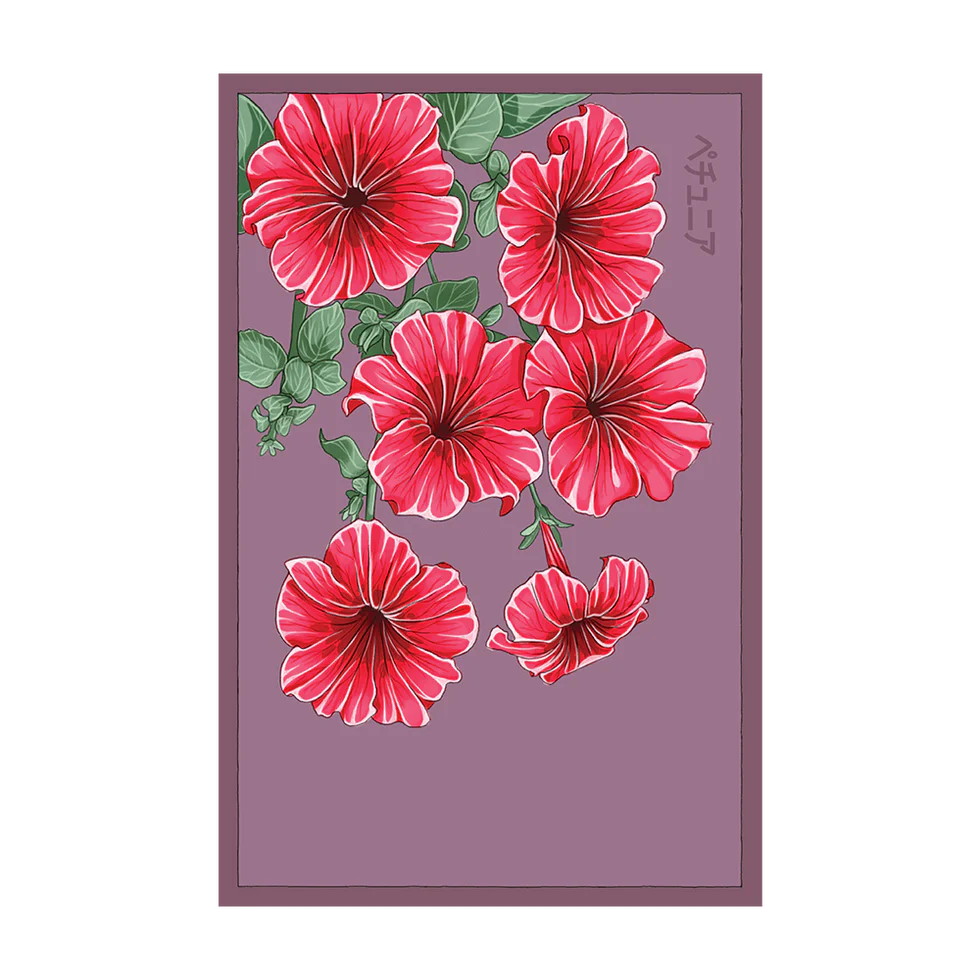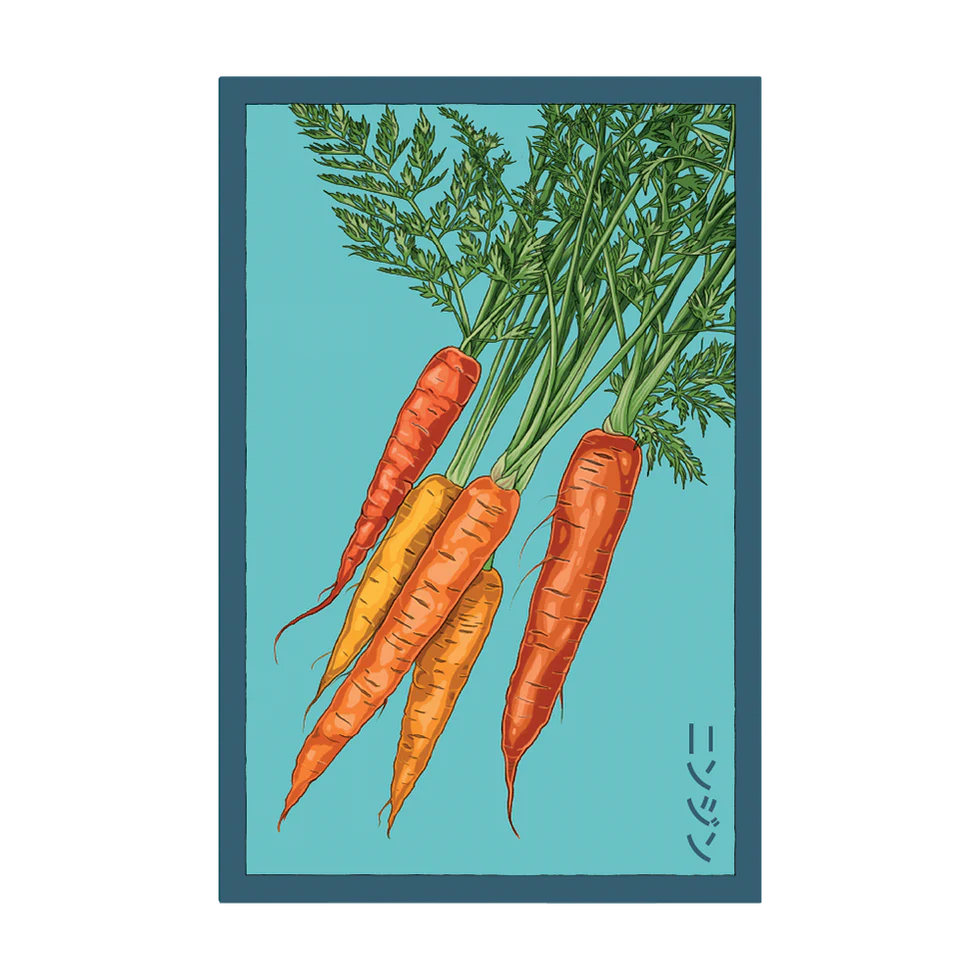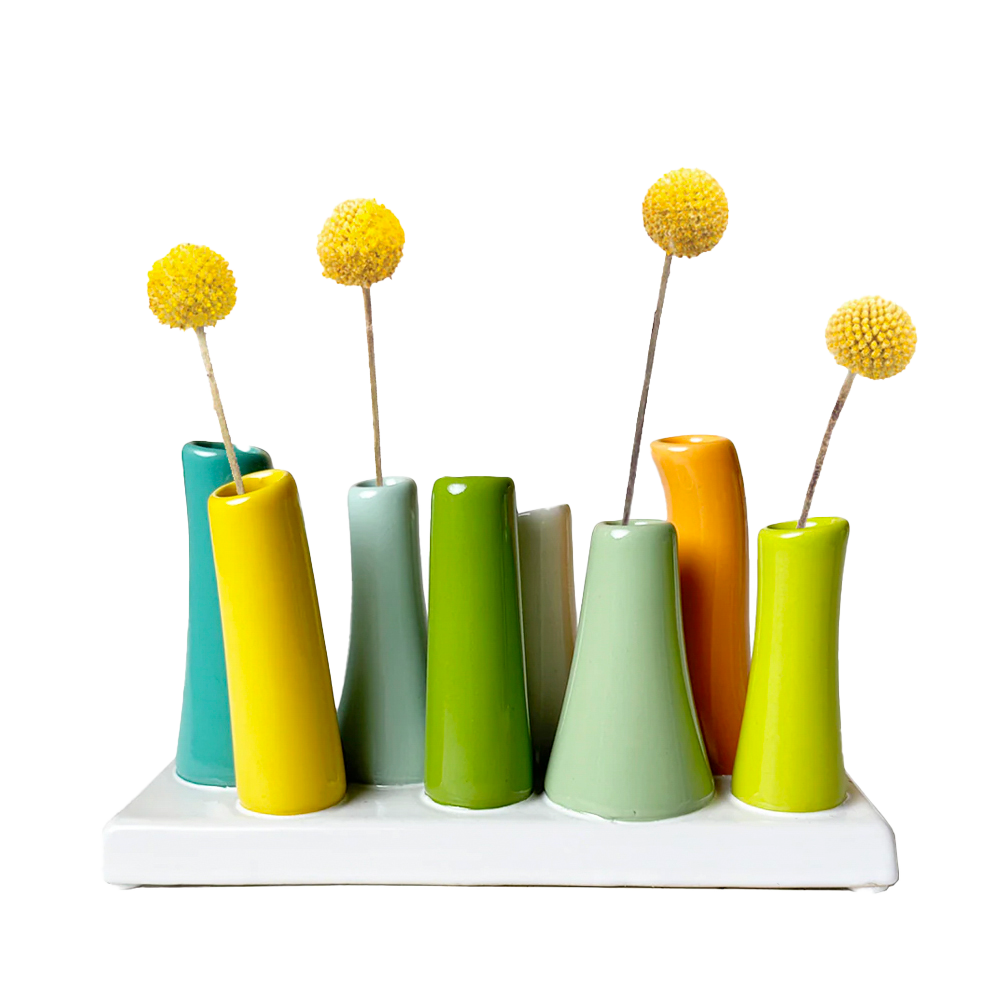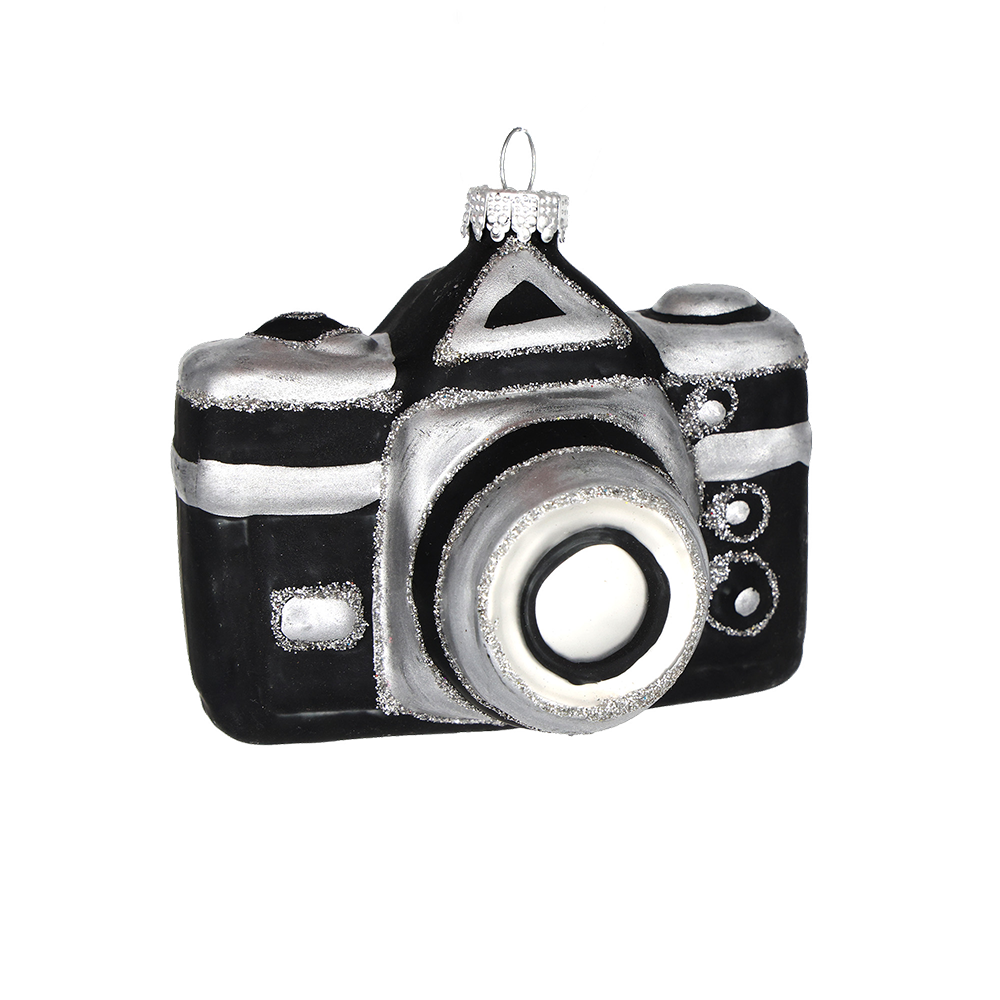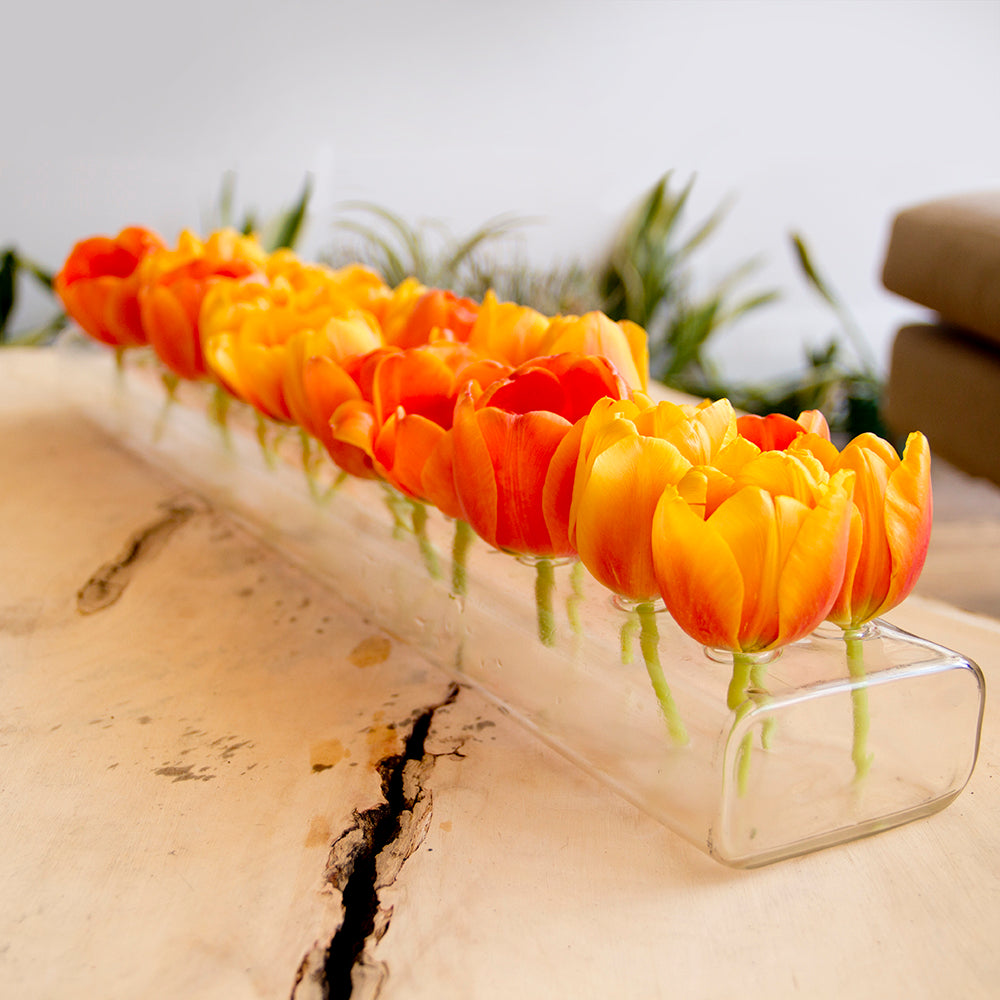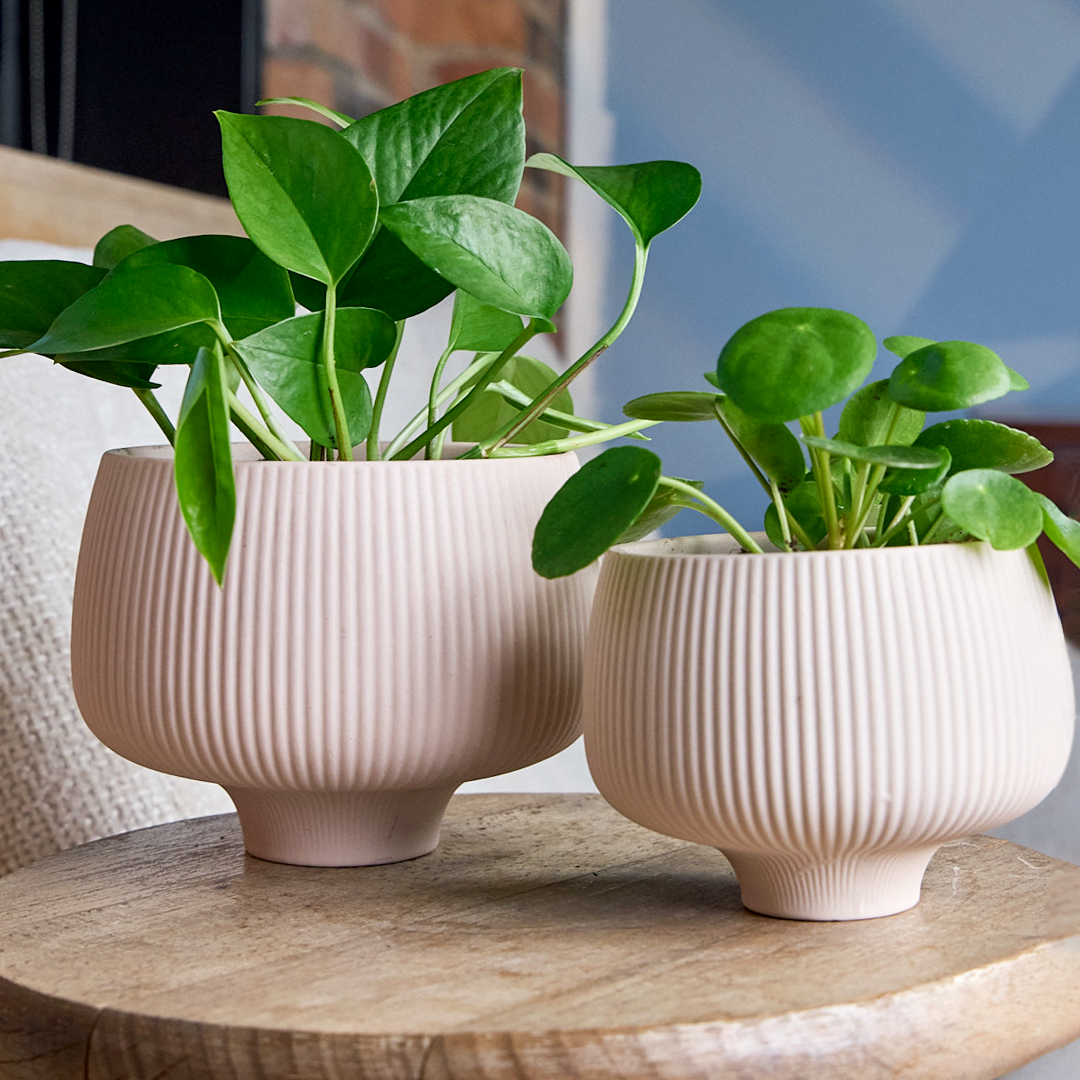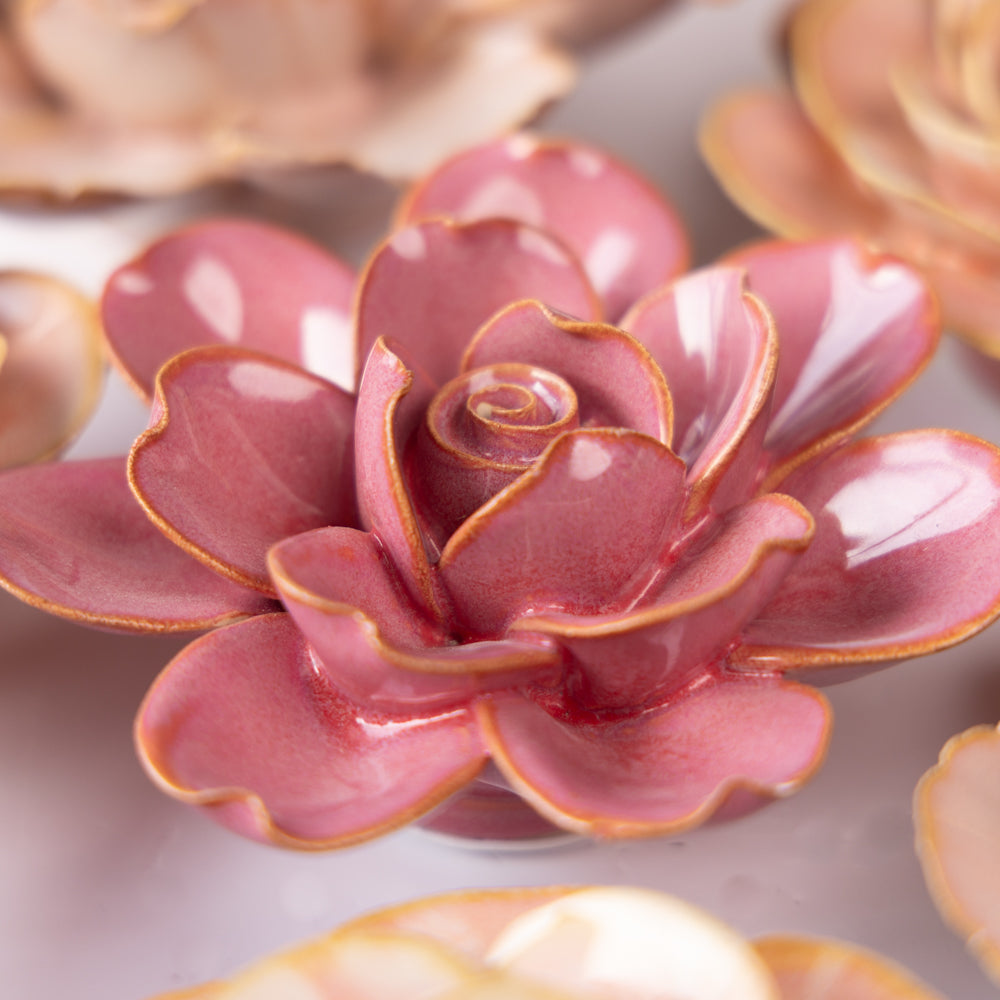Objects that might survive her passive-aggressive spring cleaning.
The ritual dinner where Mom pretends not to notice her child checking the time beneath the table. Ballet tickets purchased with the secret hope she'll invite someone else. Socks, because feet exist and mothers have them. The macaroni art projects, that somehow both declare love and destroy table varnish.
Mothers accept these tokens with practiced smiles, perhaps wondering where they went wrong. But ceramic flowers? That's different territory altogether. Picture her now, ushering friends into the living room, gesturing toward the handcrafted blooms with casual nonchalance. "Oh, these? Just a little something the children selected." The unspoken subtext: My offspring possess both taste and foresight.
Her friends will nod appreciatively while mentally calculating how their own children's gas station carnations measure in comparison. The ceramic flowers remain eternally in bloom, much like a mother's carefully nurtured pride in having raised such thoughtful progeny.
Pooley vase: family heirloom nobody actually wants.

Every family in the Midwest owns the Pooley vase from Chives, that reliable glass monstrosity squatting on mantels since 2005. Mother always positioned hers where visitors couldn't miss it—"Thirty dollars for Swedish design!" she'd crow as if Stockholm had personally blessed our living room. The vase outlasted three dogs, two marriages, and countless bouquets of grocery store carnations that arrived each May with dutiful cards attached.
Dirt's fancy apartment with drainage hole amenities

One might spot these miniature pots at Chive's—sixteen styles, each flaunting a drainage hole like Mother's good pearls on display for Sunday dinner. The conscientious gardener appreciates such thoughtfulness. Nobody wants plant murder on their conscience, after all. The kind of guilt that lingers longer than forgotten Mother's Day flowers wilting accusingly on the windowsill, th eir roots drowning in standing water and silent reproach.
Clay Blossoms: Dustproof Cheer For Sneezy People

Mother always said ceramic flowers were the gift that kept on giving, unlike those dreary carnations that withered with disappointing regularity. Chive's botanical sculptures sit stiffly on mantelpieces nationwide, dust collectors of devotion. They arrive in homes wrapped in tissue paper promises of permanence, never requiring water or sunlight, only the occasional guilt-laden glance from adult children who couldn't be bothered to call on Sundays.
French antique dealer swore it wasn't stolen.

In the cramped garden center, Chive's Liberté pot demands attention—gaudy, flamboyant, wearing grandmother's living room wallpaper like a proud disguise. The drainage hole, thank heavens, exists. One imagines Mother peering at it through bifocals, declaring it "just darling" before adding it to her collection of questionable ceramics, each one treasured more for sentiment than taste. Who wouldn't want flowers sprouting from patterns last seen during the Nixon administration?
Eternal blooms that never need a drink.

English Garden Ceramic Flowers Collection
One must consider the exquisite torture of selecting floral arrangements that won't disappoint the maternal figure who birthed you. Yet Chive's English Garden Collection renders such anxiety obsolete. Twenty-two ceramic blossoms, each practically begging to be clustered together in any conceivable combination. The sort of tasteful artifice that prompts mothers everywhere to nudge their bridge club friends and whisper, "My child finally developed an aesthetic sensibility worth mentioning," typically somewhere between the second slice of lemon cake and reminiscences about childbirth complications.
The Gift That Keeps on Growing

One gives a plant to their mother instead of flowers only if prepared for years of effusive gratitude. "Remember that little fern? Still thriving!" she'll announce to strangers at the pharmacy, as if nurturing this chlorophyll orphan somehow proves her maternal prowess extends beyond human offspring. On Mother's Day, the potted gift becomes evidence of superior child-rearing, displayed prominently where actual children once stood in framed photographs.

